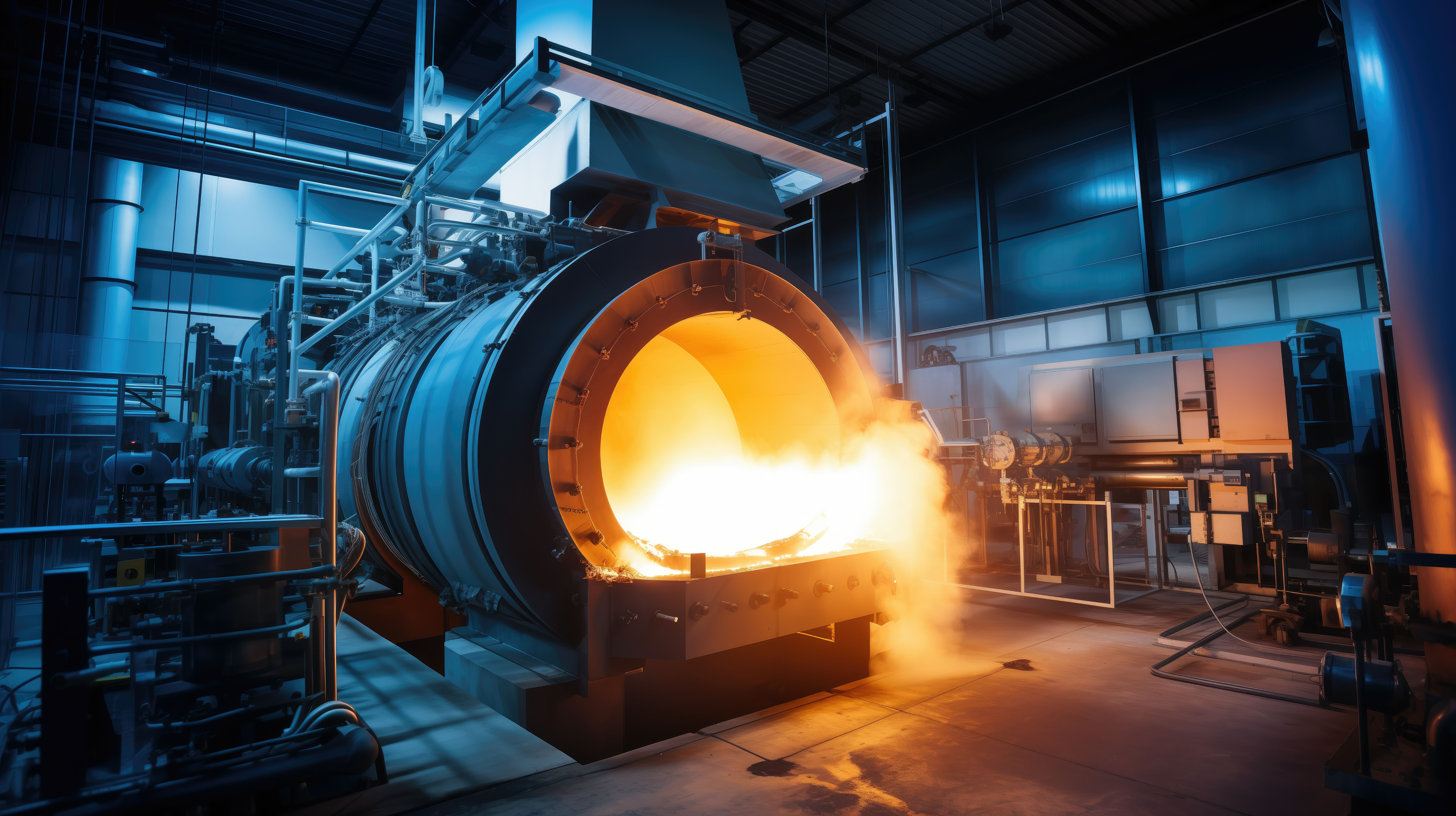
Axis 2 : Integration of low carbon
energies and efficiency
Targeted projects






No news
Scientific objects
Industry is responsible for around 18% of greenhouse gas emissions worldwide. Most of these emissions are linked to the production of heat through the combustion of fossil fuels. Increasing the energy efficiency of industrial processes, in particular by integrating waste heat, and decarbonising heat production are therefore major challenges for decarbonising the sector. The replacement of fossil fuels for the generation of heat and cold must be envisaged using different vectors: solar energy, decarbonised fuels, electrification of processes, etc.
Axis 2 deals with innovations for energy efficiency and decarbonised heat, through two thematic sub-fields :
- Low-carbon energy carriers
- Heat management
This axis is made up of a single targeted project called SHIP4D, which deals with the following themes :
Low-carbon fuels and solar thermal energy for industrial heat production
In order to meet the needs of industry in terms of high-temperature heat production, the use of new types of carbon-free (hydrogen, ammonia) or carbon-neutral (biomass-based) fuels can be envisaged. The same objective can also be achieved using solar thermal energy, more or less concentrated.
The research themes are :
- Improved knowledge of chemical oxidation kinetics mechanisms (ammonia, hydrogen, syngas) for controlling pollutant emissions.
- Improved numerical simulation of combustion with more accurate consideration of turbulence phenomena.
- Improved burner and pyrolysis reactor technologies (management of flexibility, changes in fuel composition, etc.).
- Improving the integration of solar heat into industrial processes, from the production of utilities to the direct input of concentrated solar radiation (e.g. solar thermochemical reactor).
Electrification of heat at the heart of industrial processes
Electricity is already used in industry, and the French energy mix (nuclear or renewable production) means that it can contribute to decarbonisation. However, there are still many processes that could be electrified, in particular for :
- Production, conversion and activation of reactive elements in gas, liquid or solid phases by electrocatalysis, electrosynthesis, etc.
- Heat production using established technologies (microwaves, radiant heating, induction, etc.) or less mature technologies such as plasmas directly integrated into processes.
Recovery of waste heat
Waste heat recovery covers a wide range of temperatures and therefore a wide range of potential concepts or technologies :
- Innovative components and systems for capturing and recovering waste heat: high-temperature heat pumps, alternative thermodynamic cycles, heat exchangers (including materials), etc.
- Heat storage, in particular at high temperature, enables heat supply and demand to be decoupled and will also be included in the scope of application, including large-scale underground geothermal batteries.
- Improved understanding and characterisation of combined modes of heat transfer (conduction, convection, radiation, phase change).
New cooling production systems
Although cooling production still accounts for a minority of overall emissions, it can be made much more efficient and optimised. Two different aspects can be considered: efficient extraction of heat in energy-intensive industries; cold production, including the generation of cold points for processes.
The themes covered are :
- Intensification of heat transfer, either through the development of new heat carriers or through flow configurations, combinations of different heat transfer modes or texturing of the exchange surface.
- Production of cold by sorption/thermochemistry, radiative cooling and low environmental impact refrigerants.